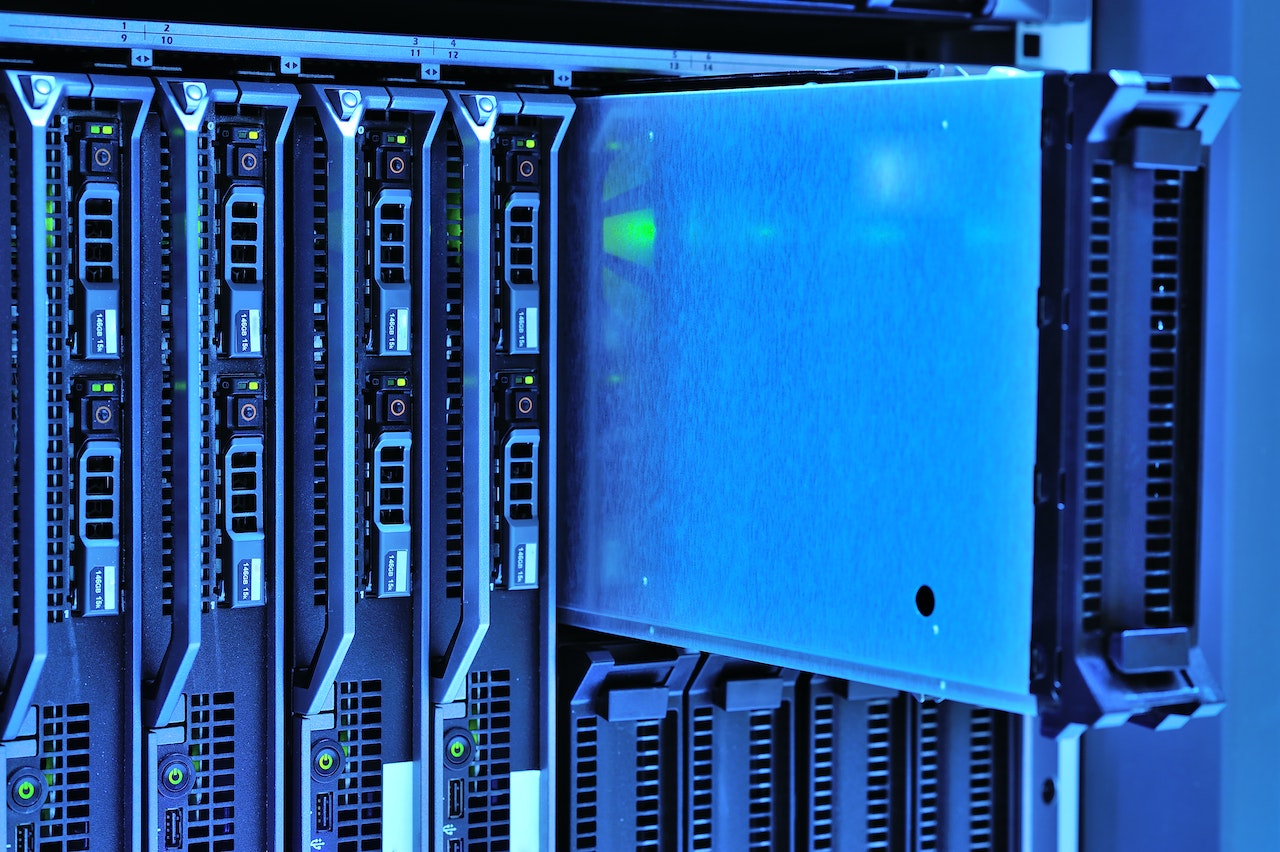Choosing The Right Database for Your Tech Company
In today’s tech-driven world, data is essential for businesses of all sizes. The right database can help you store, manage, and analyze your data effectively. However, with so many different databases available, it can be difficult to know which one is right for your needs.
Here are some factors to consider when choosing a database for your tech company, empowering you to make an informed decision that drives efficiency, performance, and innovation.
ASSESS YOUR REQUIREMENTS
Before diving into the database selection process, it’s crucial to assess your company’s unique requirements. Consider factors such as data volume, expected growth rate, data types (structured, unstructured, or semi-structured), and performance needs. Determine whether you require a relational database management system (RDBMS) for structured data, a NoSQL database for flexibility and scalability, or a hybrid solution that combines the strengths of both.
CONSIDER SCALABILITY AND PERFORMANCE
Scalability and performance are paramount in a tech company, especially as data volumes grow exponentially. Evaluate the scalability options offered by different databases, such as vertical scaling (adding more resources to a single server) and horizontal scaling (distributing data across multiple servers). Additionally, consider the performance benchmarks and real-world use cases of databases under consideration to ensure they can handle your company’s workload demands.
EVALUATE DATA MODEL AND QUERYING CAPABILITIES
The data model and querying capabilities of a database significantly impact its usability and flexibility. Relational databases offer a structured, table-based data model and support SQL for powerful querying. NoSQL databases provide flexible schema designs, accommodating diverse data types and allowing for easy scaling. Evaluate your company’s data structure and the complexity of your queries to determine which database model and querying language best suit your needs.
ASSESS DATA CONSISTENCY AND INTEGRITY
Maintaining data consistency and integrity is crucial for the accuracy and reliability of your applications. Some databases prioritize strict consistency, ensuring immediate data updates across all replicas, while others prioritize availability and partition tolerance (AP) in distributed systems. Consider your company’s tolerance for eventual consistency and the impact it may have on your applications when evaluating databases.
CONSIDER AVAILABILITY AND FAULT TOLERANCE
Downtime can be detrimental to a tech company, resulting in lost revenue, user dissatisfaction, and reputational damage. Evaluate the availability and fault tolerance features offered by different databases, such as replication, clustering, and automatic failover mechanisms. Look for databases that provide robust data redundancy and high availability to minimize downtime and ensure uninterrupted service to your users.
ASSESS SECURITY AND COMPLIANCE
Data security and compliance should be top priorities for any tech company. Evaluate the security features offered by databases, such as encryption, access controls, and auditing capabilities. Consider your company’s specific security requirements, including data privacy regulations, and ensure that the chosen database aligns with your compliance obligations.
EVALUATE ECOSYSTEM AND COMMUNITY SUPPORT
Consider the ecosystem and community support surrounding the database you’re considering. Assess the availability of tools, libraries, and frameworks that integrate well with the database. A vibrant community ensures a wealth of resources, documentation, and active developer support, which can greatly assist in troubleshooting and optimizing your database usage.
CONSIDER TOTAL COST OF OWNERSHIP (TCO)
While the initial cost of a database is an important consideration, it’s equally crucial to evaluate the total cost of ownership (TCO) over the long term. Consider factors such as licensing fees, maintenance costs, infrastructure requirements, and the expertise needed to manage and administer the chosen database. Additionally, assess scalability costs, as some databases may require additional licenses or resources as your company grows.
CONCLUSION
Choosing the right database for your tech company is a complex decision that requires careful consideration of your unique requirements, scalability needs, performance expectations, and long-term goals.
Remember that there is no one-size-fits-all solution when it comes to databases. Each tech company has its own distinct needs and priorities. Take the time to thoroughly assess and compare different databases, seeking input from experts and considering real-world use cases. This will empower you to select a database that not only meets your current requirements but also positions your company for future success in the ever-evolving technological landscape.
Also keep in mind that the database selection process is not a one-time event. As your company grows and evolves, you may need to reevaluate your database choices and potentially consider migration or adoption of new technologies. Embrace the flexibility and adaptability that the modern database landscape offers, ensuring that your chosen database can scale alongside your company and support your changing needs.
